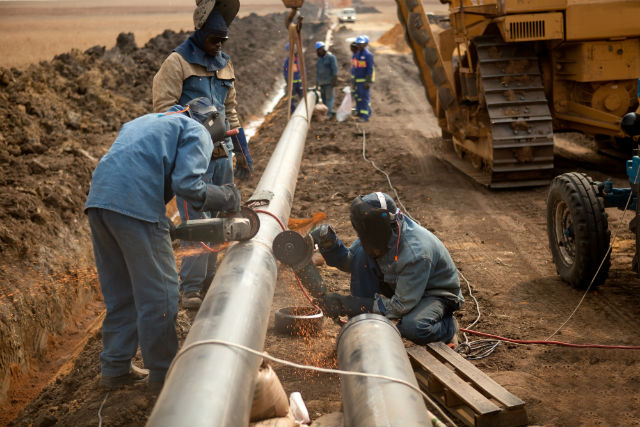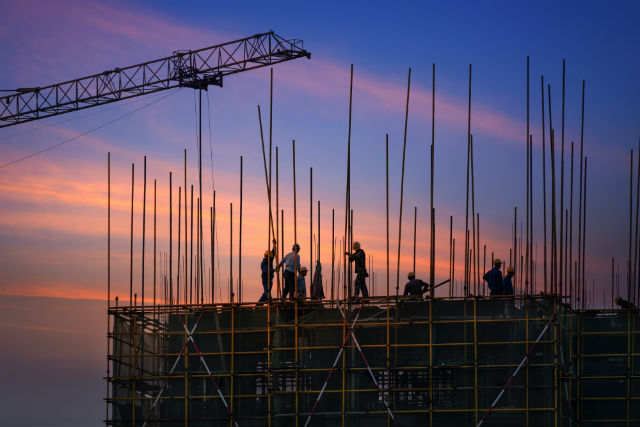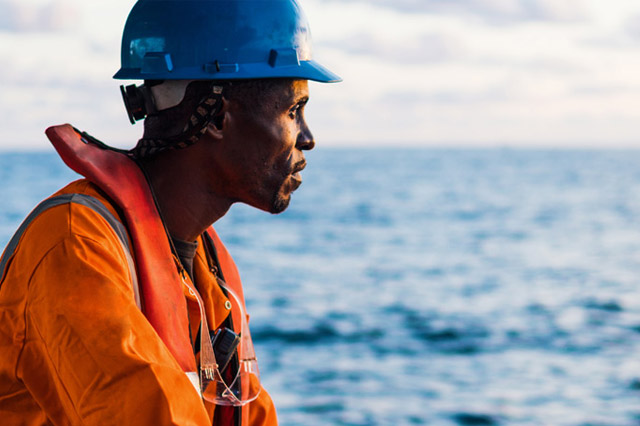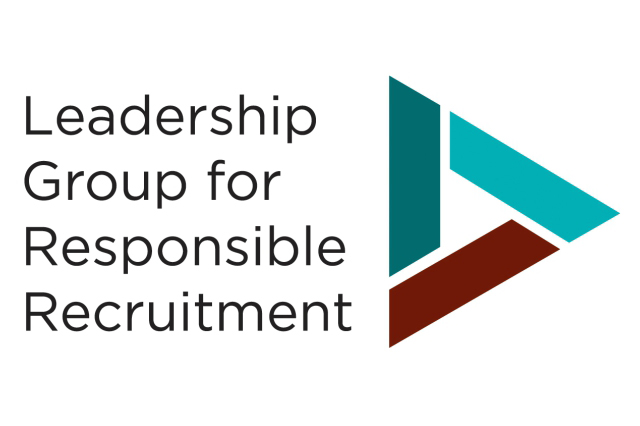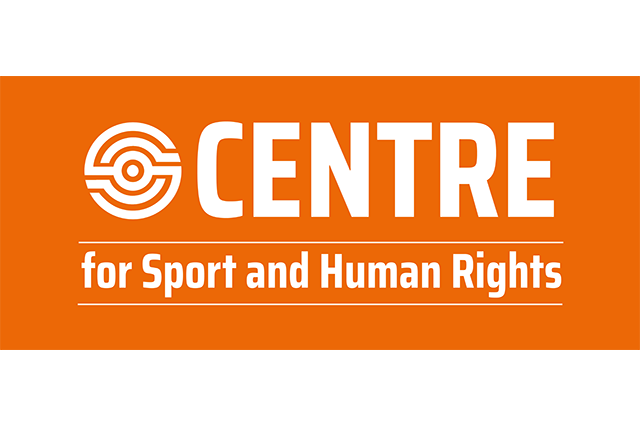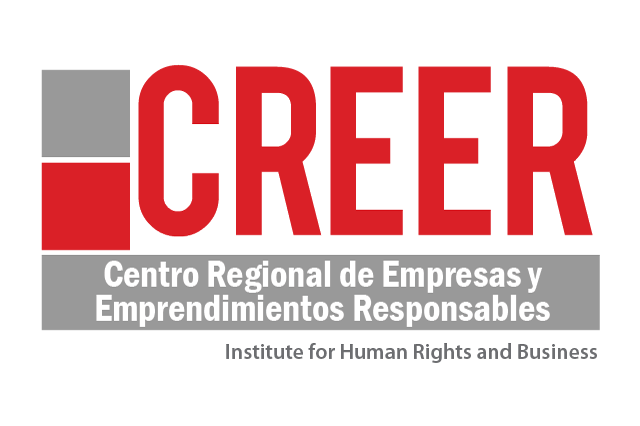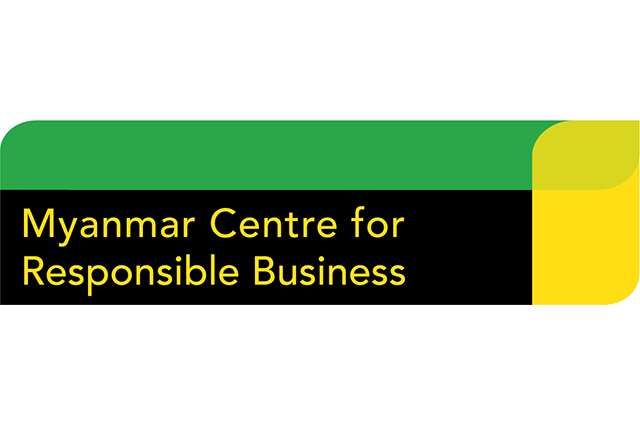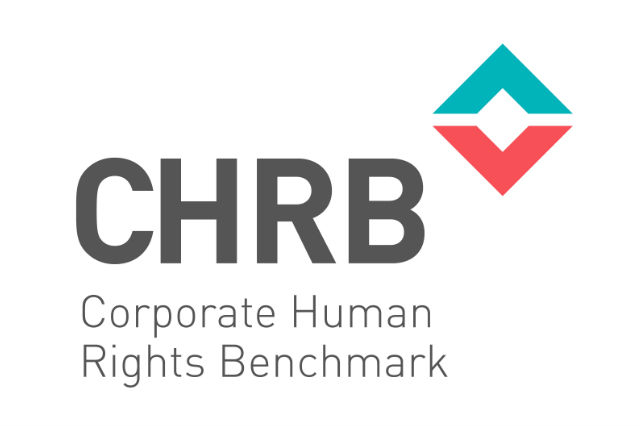Themes
Built Environment
There are implications for human rights at all stages of the built environment lifecycle. From land use, to design, to construction, and re-development, the private and public sectors have a major influence over the built environment. IHRB is working toward achieving a greater shared understanding of the relationships and leverage between different actors, as well as the amplification and creation of innovative policy and strategies.
Commodities
For countries to realise the benefits of their natural resource endowments their national policies, laws, and regulations need to do many things. They need to secure the necessary foreign and local investment, do so in a way that maximises the economic and social benefits to citizens, all while minimising anticipated adverse impacts and providing for remediation of the human harms that can accrue from resource extraction.
IHRB's work on the extractive sector aims to embed the protection of and respect for human rights, transparency, and accountability.
Finance
IHRB’s research and thought leadership on the financial sector explores the ways that human rights can contribute to the design of a more sustainable financial system. We work with international organisations and financial institutions to make human rights relevant to key actors in the sector, emphasising opportunities for investors to integrate human rights considerations into their work, and highlighting opportunities to leverage financial flows related to climate change and the UN Sustainable Development Goals.
Migrant Workers
IHRB’s work in this area is focussed largely on how workers are recruited and in particular the payment of recruitment fees to secure employment. IHRB’s Dhaka Principles form a principal element of our work, outlining the basic steps any company should take to ensure they are respecting migrant workers’ rights throughout the migration cycle. We also host the Responsible Recruitment Gateway, which provides access to a range of tools and information to help companies move towards the ‘Employer Pays’ model of responsible recruitment. The Leadership Group for Responsible Recruitment calls for strong commitments to mainstream responsible recruitment.
Non-discrimination
IHRB focuses its work on non-discrimination in two specific areas: Gender and the rights of LGBTI+ persons.
On gender, IHRB explores how companies can embed good practices to influence the ‘deep culture’ in organisations, by focusing on: i) practices at work ii) practices outside the workplace affecting workers iii) practices outside the workplace affecting consumers and users. On LGBTI+, IHRB continues to widely disseminate the LGBTI Standards of Conduct for Business globally, co-authored with OHCHR.
Sport
IHRB’s work on sport began in 2012. From 2015 IHRB developed and served as secretariat for the Mega-Sporting Events Platform for Human Rights (MSE Platform), a coalition of international and intergovernmental organisations, governments, sports governing bodies, athletes, unions, sponsors, broadcasters, and civil society groups, collaborating to develop an evidence base, and supporting all actors in implementing their human rights responsibilities. This evolved over years, and led to the launch in 2018 of the independent Centre for Sport and Human Rights.
Technology
ICT has proved to be a key enabler of many human rights, but there are profound questions about how to respect and protect human rights in the digital age. IHRB identifies and analyses challenges to and benefits for human rights arising from the use of ICTs, in particular freedom of expression and privacy, and Distributed Ledger Technology (DLT). We recommend actions companies, civil society and governments can take to protect human rights in the digital realm, which in turn affects human rights in the real world.
Shipping
Shipping is the backbone of the global economy, with over 80% of the world’s trade by volume being transported by sea. Human rights issues arise across the entire lifecycle of a ship – from design, finance and ordering, through building and operation, to breaking/recycling. However, to date, maritime industry sustainability initiatives have generally prioritised environmental issues, with little focus on human rights risks and responsibilities.
Initiatives
The Leadership Group for Responsible Recruitment
The Leadership Group for Responsible Recruitment, convened by IHRB, brings together global brands with a bold vision to eradicate worker-paid recruitment fees within a decade. Members lead action on three fronts: creating demand for responsibly recruited labour, increasing supply of ethically sourced labour, and improving protections for migrant workers.
Centre for Sport and Human Rights
The Centre for Sport and Human Rights brings together an unprecedented alliance of intergovernmental organisations, governments, sports bodies, athletes, hosts, sponsors, broadcasters, civil society representatives, trade unions, employers and their associations, and national human rights institutions. These organisations have come together united in the understanding that there is a generation of work to be done to fully align the world of sport with the fundamental principles of human dignity, human rights, and labour rights.
Centro Regional de Empresas y Emprendimientos Responsables (CREER)
IHRB helped to found and continues to work with Centro Regional de Empresas y Emprendimientos Responsables (CREER), which aims to be a regional hub and centre of south-south learning, knowledge and exchange, using its affiliation with IHRB to develop strategic partnerships and share lessons internationally.
Myanmar Centre for Responsible Business (MCRB)
IHRB’s work in Myanmar began during 2012 in the context of the newly launched democratic reform process. This led to the joint establishment with the Danish Institute for Human Rights (DIHR) of the pioneering Myanmar Centre for Responsible Business(MCRB). Based in Yangon, it aims to provide a trusted, impartial forum for dialogue, seminars, and briefings to relevant parties committed to responsible business in Myanmar, as well as access to international expertise and tools.
Corporate Human Rights Benchmark
The Corporate Human Rights Benchmark (CHRB) is the world's first wide-scale benchmark on corporate human rights performance. It is guided by a multi-stakeholder initiative made up of private sector and not for profit organisations: Aviva Investors, Business & Human Rights Resource Centre, Calvert Investments, IHRB, VBDO and Vigeo Eiris.



